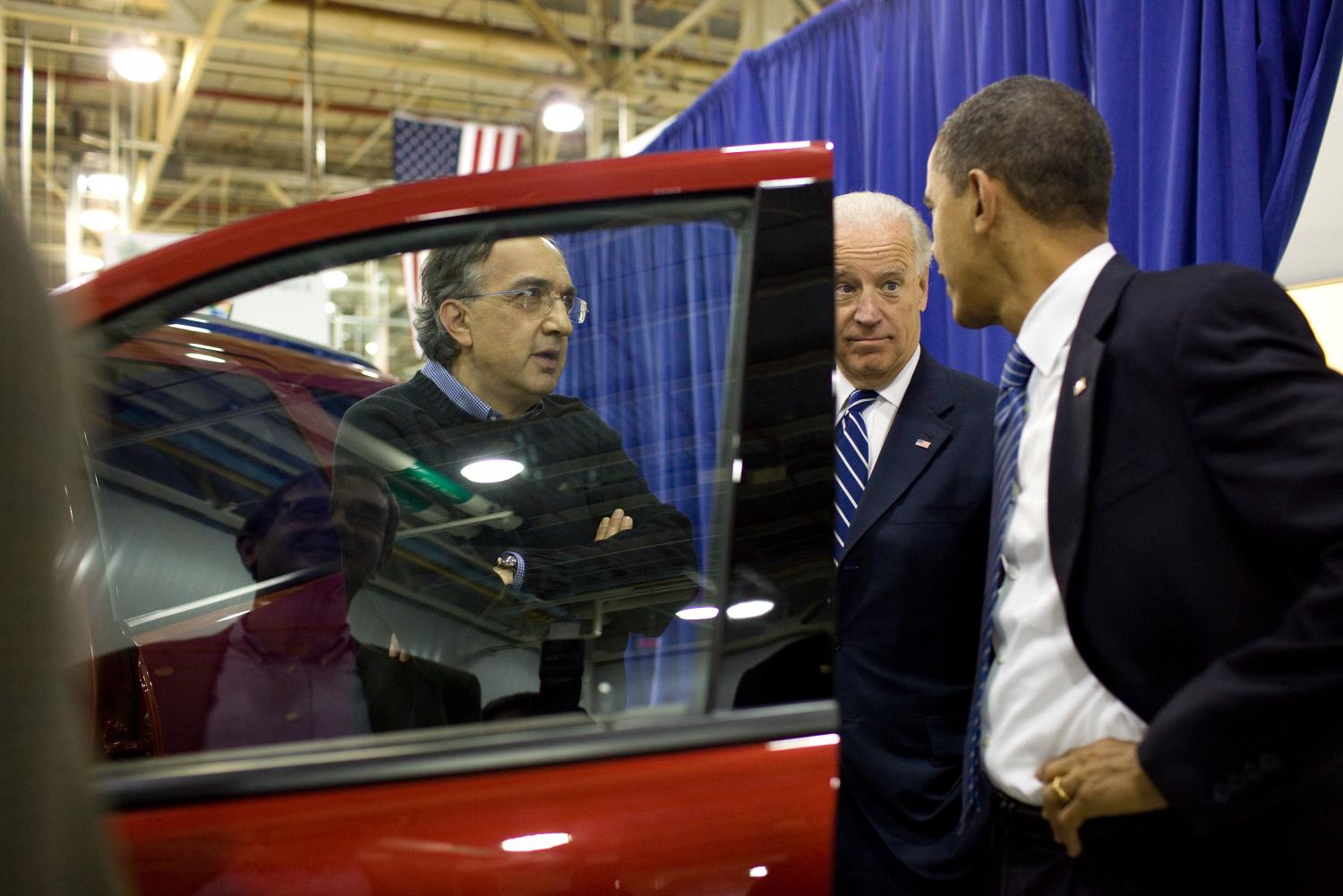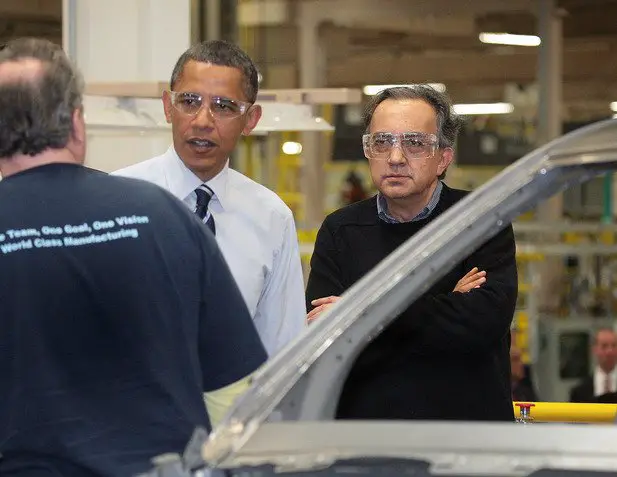Search the Community
Showing results for tags 'merger'.
-
In a very detailed two-hour interview with Automotive News (AN) Marchionne says "I've offered to sit down with them and take them through the numbers. They won't listen. And that kind of abject refusal to engage ... the capital markets won't understand why you are rejecting the discussion." In a follow up to our original story we reported why GM thinks it might be able to hold off FCA US' advances. Basically it comes down to the incredibly unusual bankruptcy deal GM was given in 2009. The old company was able to shed all its old debts, and protect itself from liability going forward by forming a "new GM." That is not that unusual. However, the new GM got to carry forward the losses of the old GM for federal taxes on profits. That is completely unique. That means that GM has the ability to generate many billions in un-taxable profits. A merger would presumably wipe out that protection. However, take a look at the image above. Remember the sweetheart deal the automakers got in 2009? Perhaps keeping the protection from taxation is also up for discussion? Marchionne says he thinks that in a combined GM and FCA there are billions in savings. He says that he sees $30 billion in before tax profit in year one. Given that, it is easy to understand why he told AN "It would be unconscionable not to force a partner."
-
When GM went through its bankruptcy restructuring, it wasn't a typical one. GM was allowed to get rid of what it didn't want (debt, dealerships, brands, liability) and keep what it wanted - Billions in tax breaks it had accumulated while it was the "old GM." In case you're wondering, that never happens. The usual deal is the company that goes through the restructuring starts over with a new tax situation. It isn't small money. GM still has $34 BILLION in tax breaks it can apply to profits. As the Forbes story and many others point out, GM does not have to pay taxes on its profits for decades if it chooses not to. Apparently, in a merger those breaks would be lost. What the Forbes story assumes is that a GM merger would have to be structured like other mergers and follow financial rules and laws.


